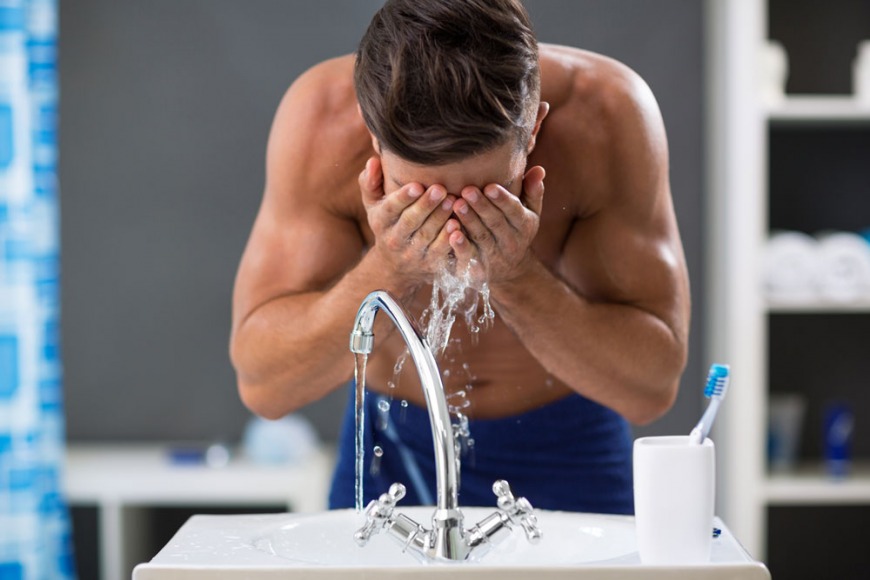This time-saving method could be having a detrimental effect our your skin.

All Credits: PA
Whether it’s first thing in the morning or last thing at night, shower routines vary from person to person.
Some people adopt a lightning-fast wash-and-go approach, while others indulge in full-body preening complete with Grammy-worthy vocal performance.
SEE ALSO: Why You Should Follow the 60 Second Rule When Washing Your Face
Wherever you fall on the showering spectrum, chances are washing your face is included as part of your time spent under the water.
But did you know this time-saving method could be bad for your skin?
Lauren Mackenzie, skincare expert and head of medical aesthetics for Transform, agrees: “The skin on our face is more delicate than that of your legs and arms. Therefore when washing your face in the shower, it can result to skin irritation and redness, among other issues, as the shower temperature can vary slightly hotter.
“I would recommend to any patient to wash their face in the sink, where you can control the temperature to your face accurately, from lukewarm to cold water,” she suggests.
“Unlike when you are in the shower, the water will be cooler, and this is much better for the delicacy of the skin in the facial area.”





.png?itok=HBSyMDok)









































































.png)


























.png?itok=0fOAXkOm)

























.png?itok=EH_x0Pha)
